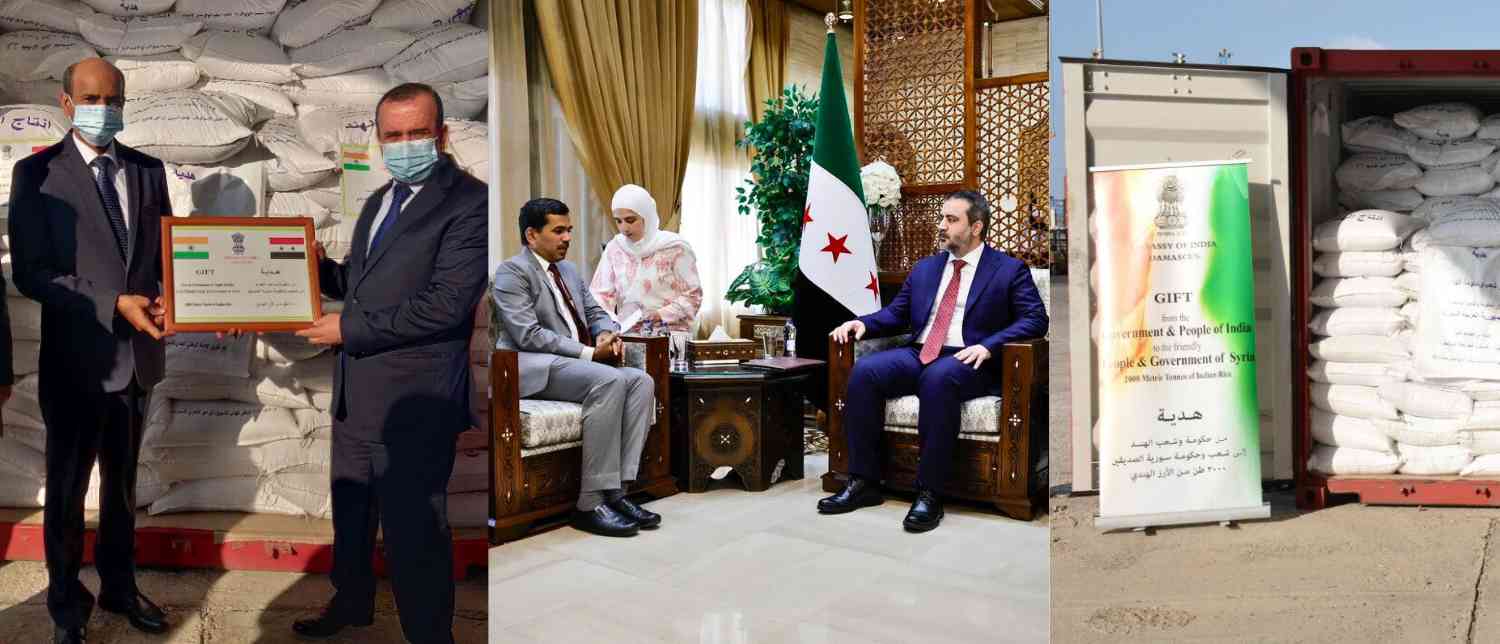India has taken a significant step in its foreign relations by sending a senior diplomat to Damascus for the first official engagement with Syria's new post-Assad government. This visit marks India's initial formal outreach since the fall of the Assad regime in December 2024 when Ahmed Al-Sharaa, former leader of Hay'at Tahrir al-Sham (HTS), assumed power after ousting Bashar al-Assad. The diplomat, M Suresh Kumar, who is Joint Secretary in charge of the West Asia and North Africa division at India’s Ministry of External Affairs, met with Syrian ministers to discuss bilateral ties and cooperation in various sectors.
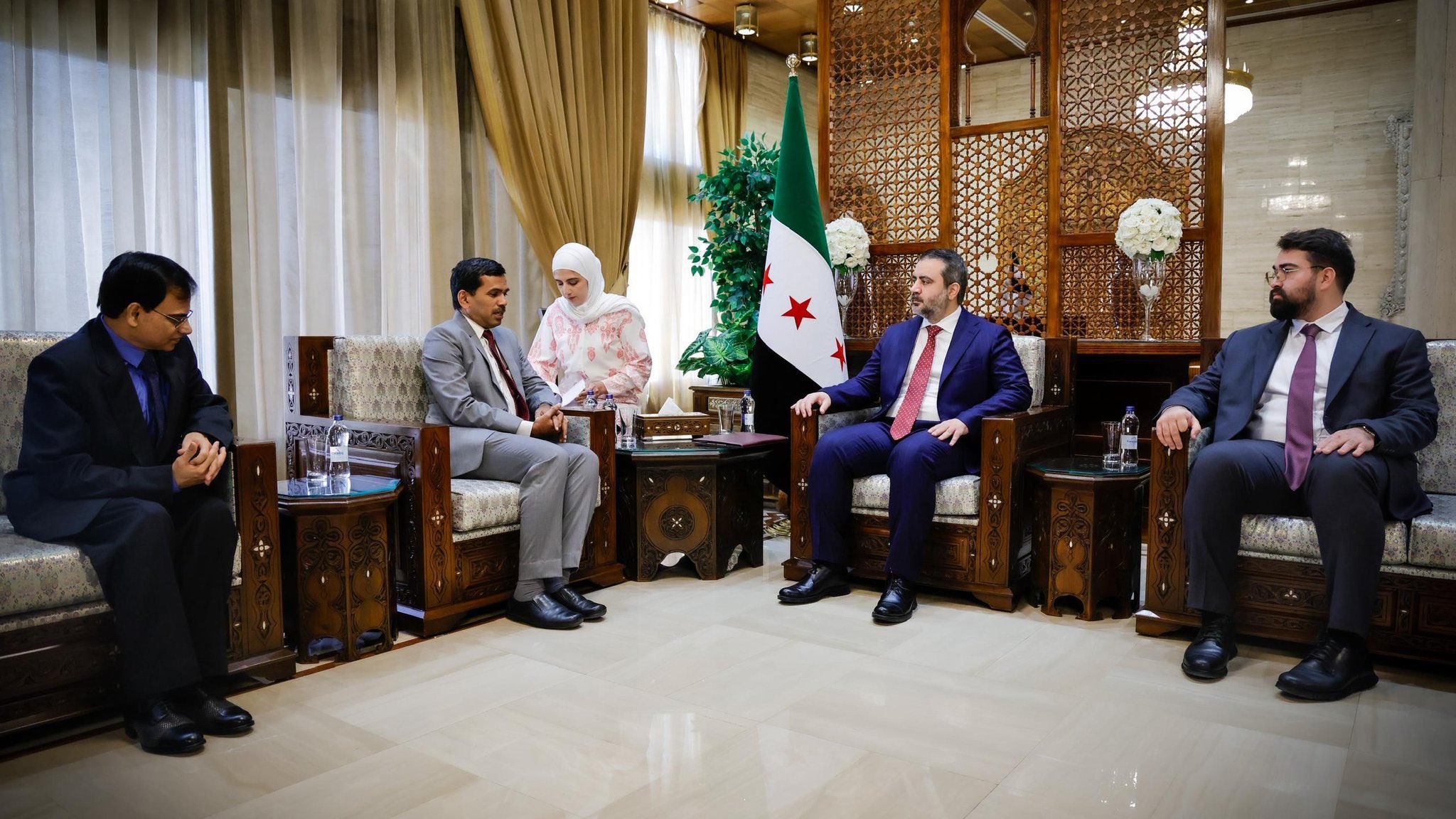
Historically, India has maintained friendly relations with Syria, grounded in shared civilizational ties and common principles such as non-alignment and mutual respect for sovereignty. India supported Syria on key regional issues, including backing Syrian claims on the Golan Heights and Syria’s stance on the Kashmir dispute at multilateral forums. Despite the Syrian civil war starting in 2011, India chose a cautious and neutral diplomatic approach, emphasizing a Syrian-led political solution without external military intervention.
This newly established engagement with the post-Assad government reflects India's pragmatic diplomatic strategy amid evolving regional dynamics. The visit, though low-key without grand public announcements, is symbolically important as it acknowledges the changed political reality in Syria and underlines India’s intent not to remain sidelined. As a source familiar with the matter explained, "A beginning had to be made and India had to register its presence. You have to open the door at some point".
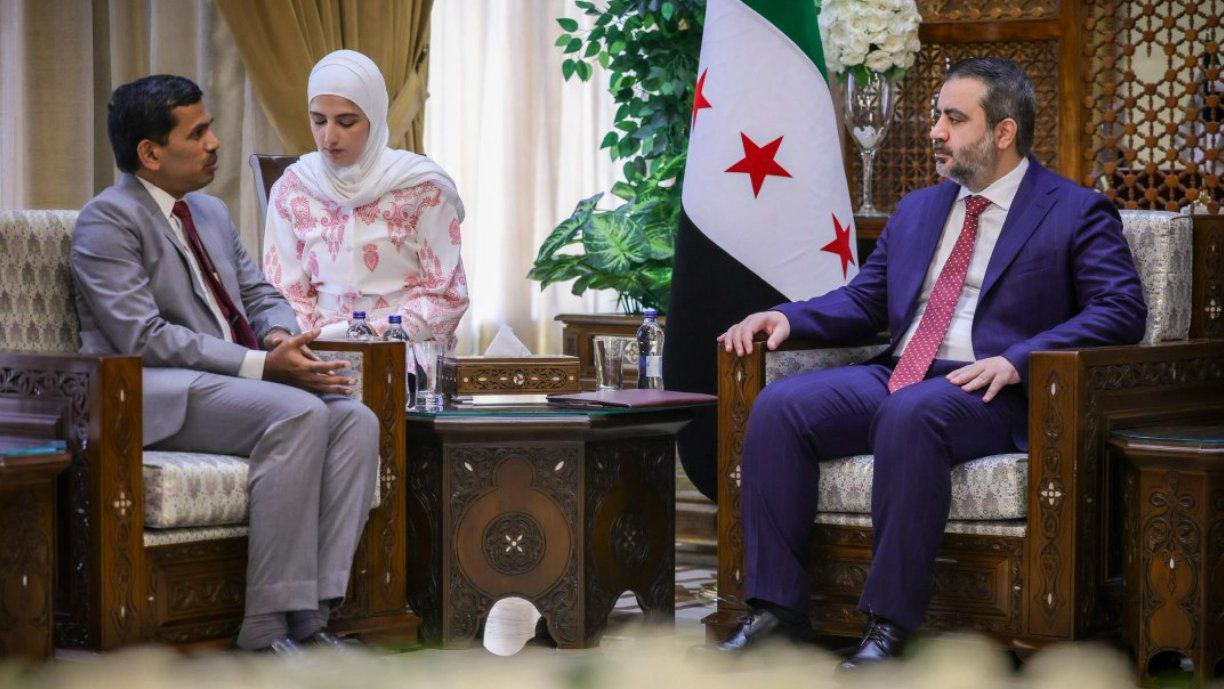
The discussions covered mutually beneficial areas such as health cooperation—especially pharmaceutical industries and medical training—scholarship programs for Syrian students, and engineering cooperation for Syrian government employees. Syria expressed strong interest in partnering with India to bolster its national health sector and improve medicine availability, while India committed to providing training and coordination for Syrian doctors and professionals in health and pharmaceuticals.
This outreach also carries broader geopolitical and humanitarian significance. India evacuated 77 Indian nationals from Syria following the regime change last December, reflecting concerns over on-ground safety. India has a history of humanitarian assistance in Syria, having sent emergency food aid and pandemic-related medical supplies during periods of crisis, highlighting steady support despite conflict fluctuations. India's reiterated call for a peaceful, inclusive Syrian-led political process resonates with its long-standing policy principles and international norms.
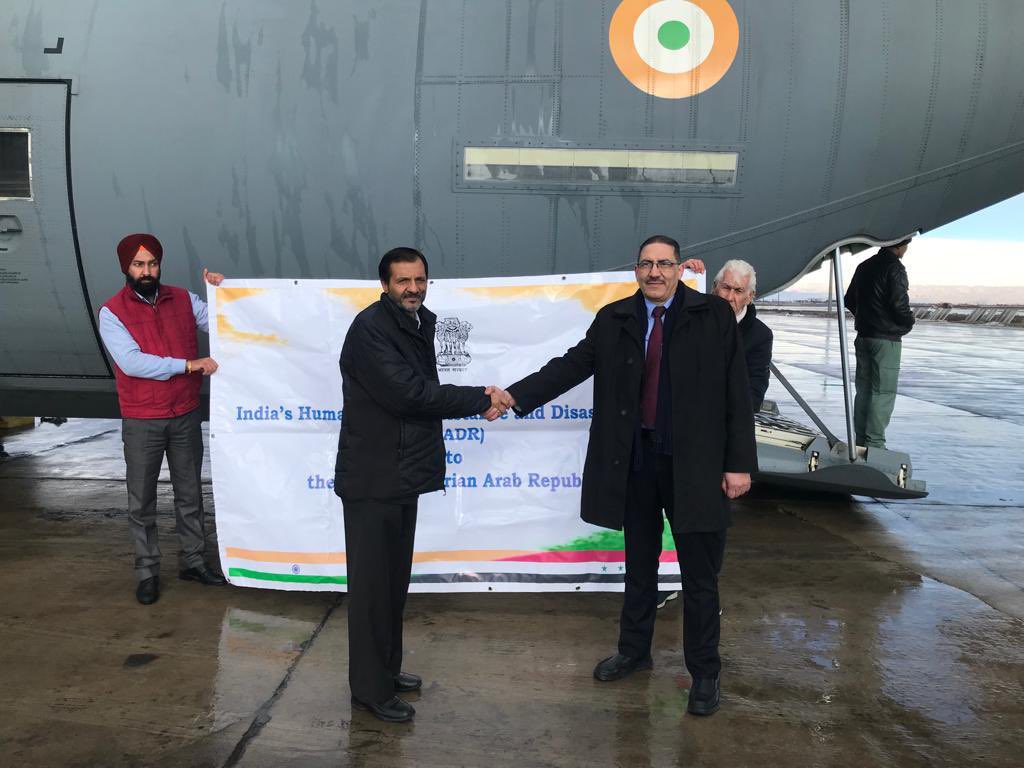
The transition of power in Syria from the Assad regime to Ahmed Al-Sharaa's provisional government presents a complex diplomatic scenario. Al-Sharaa is reportedly backed by Turkey, a country with hostile relations with India. Despite this, New Delhi’s approach illustrates cautious engagement, balancing strategic interests in West Asia with the need to adapt to on-the-ground political changes. India's past relationship with the Assad government was characterized by "quiet pragmatism," focusing on sovereign stability rather than ideological alignment, acknowledging Syria's support for India's positions at global platforms.
From a neutral perspective, this visit signifies India’s effort to maintain influence and lay groundwork for future collaboration in a volatile region. It also marks India’s recognition of the new Syrian government as a legitimate interlocutor, indicating a shift from past isolationist approaches to more active diplomatic involvement. This could open pathways for joint projects in reconstruction, health, education, and trade, benefiting both peoples amid Syria's challenging recovery phase.
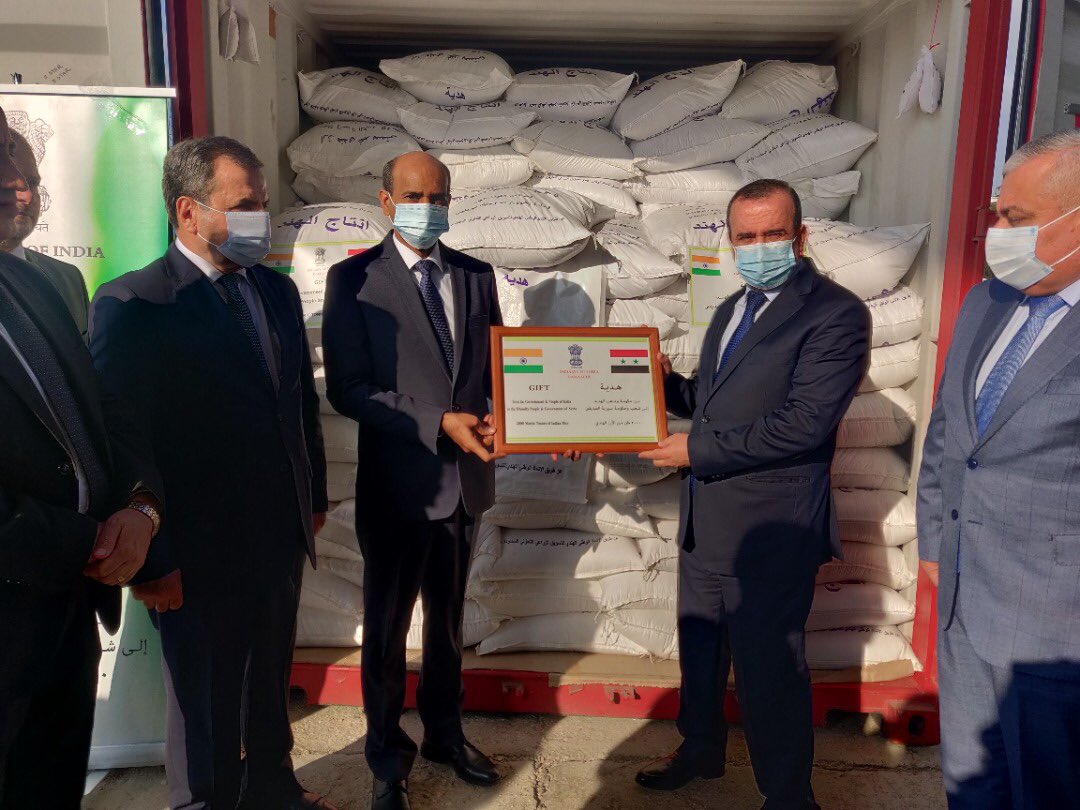
However, India’s engagement remains cautious and measured, reflecting the ongoing uncertainties in Syria's internal politics and regional dynamics. India continues to advocate for Syria’s sovereignty, unity, and territorial integrity while emphasizing the importance of a Syrian-led peace process. These principles align with India's broader diplomatic posture, favoring dialogue and stability over confrontation.
In summary, India’s senior diplomat’s visit to Damascus is a landmark in post-Assad Syria engagement, reflecting pragmatic diplomacy and a readiness to cooperate in areas of shared interest. It underscores India's nuanced approach toward Middle Eastern geopolitics—balancing historical ties, humanitarian concerns, and strategic interests—while navigating the complexities of a changing Syria.
With inputs from agencies
Image Source: Multiple agencies
© Copyright 2025. All Rights Reserved. Powered by Vygr Media.

